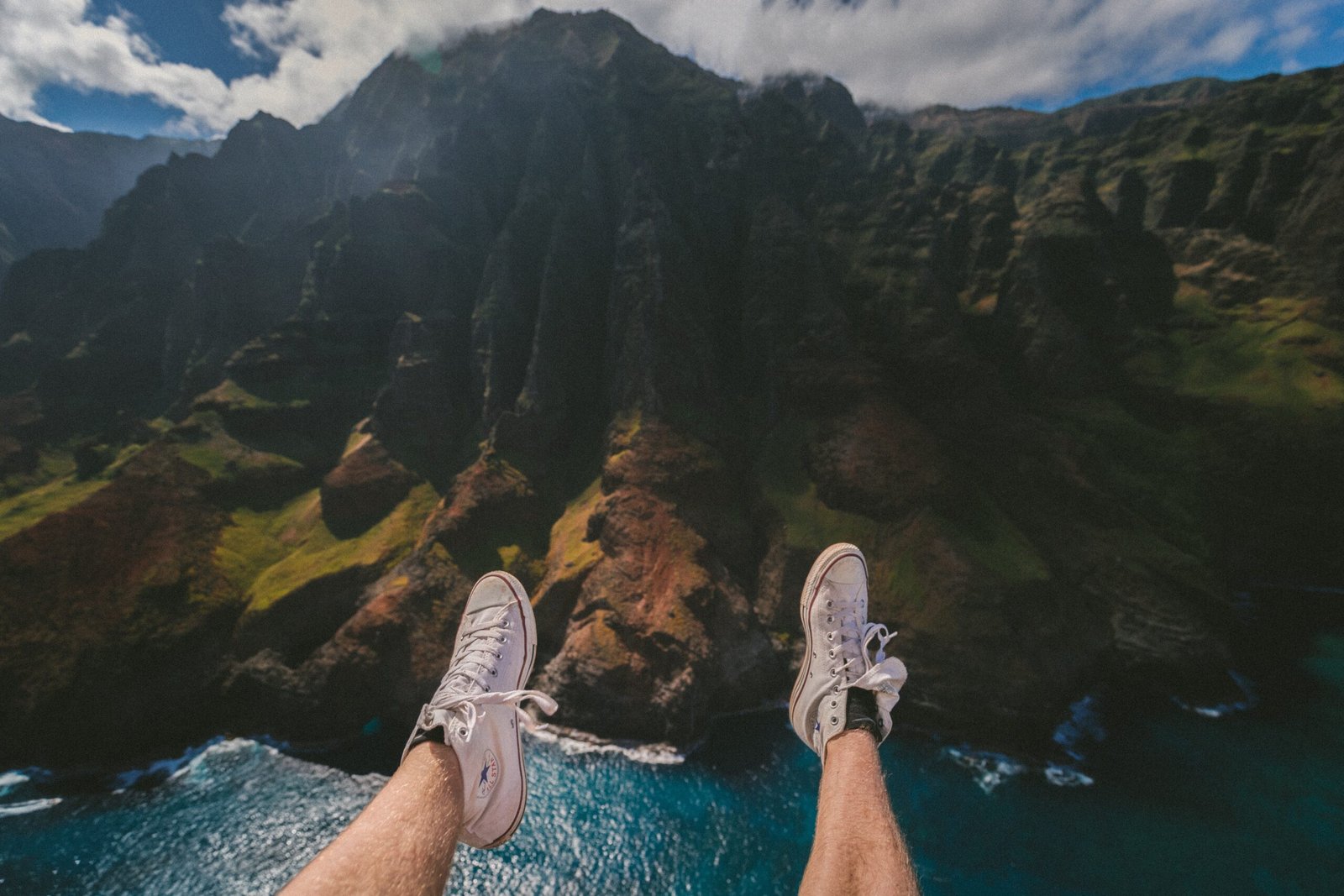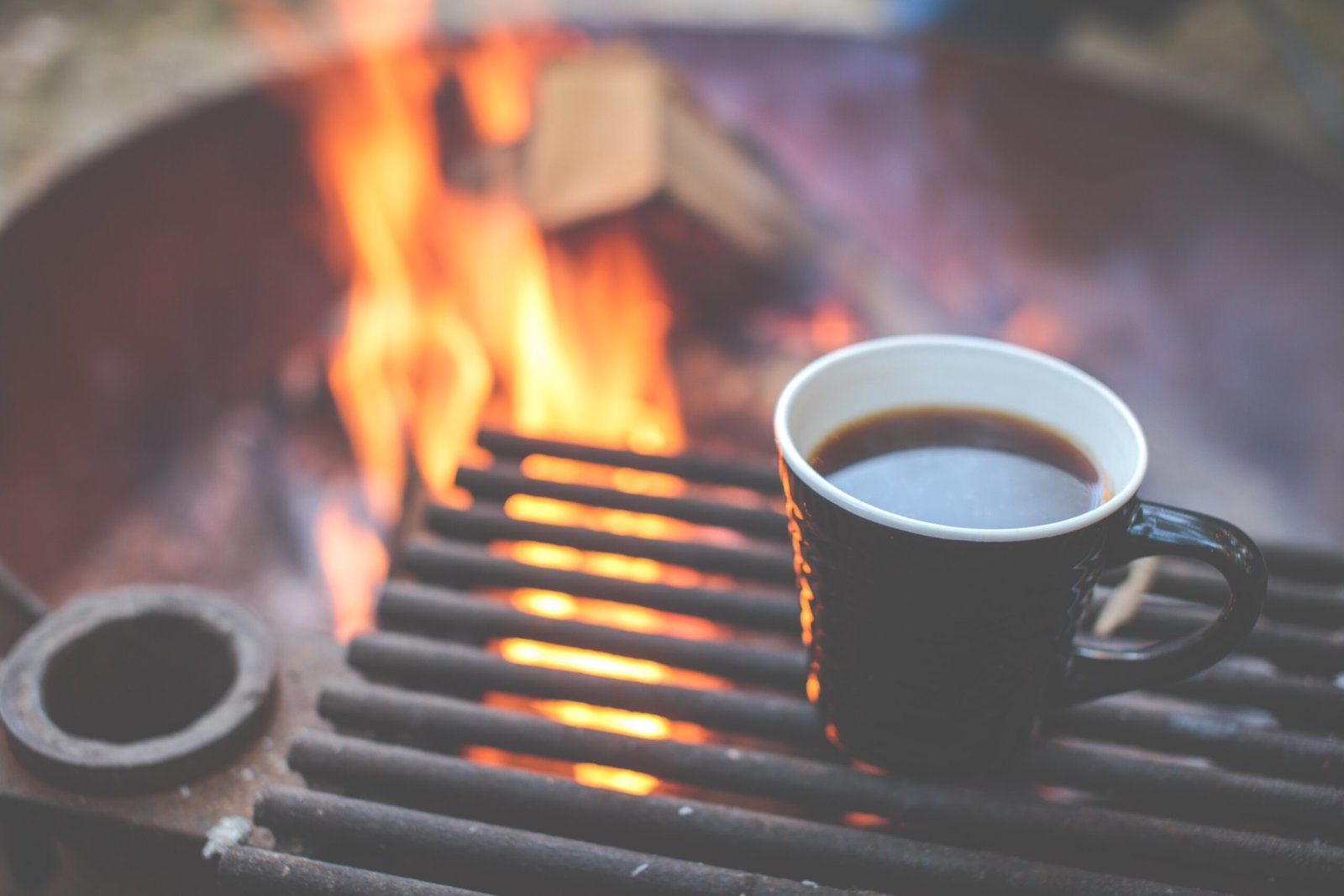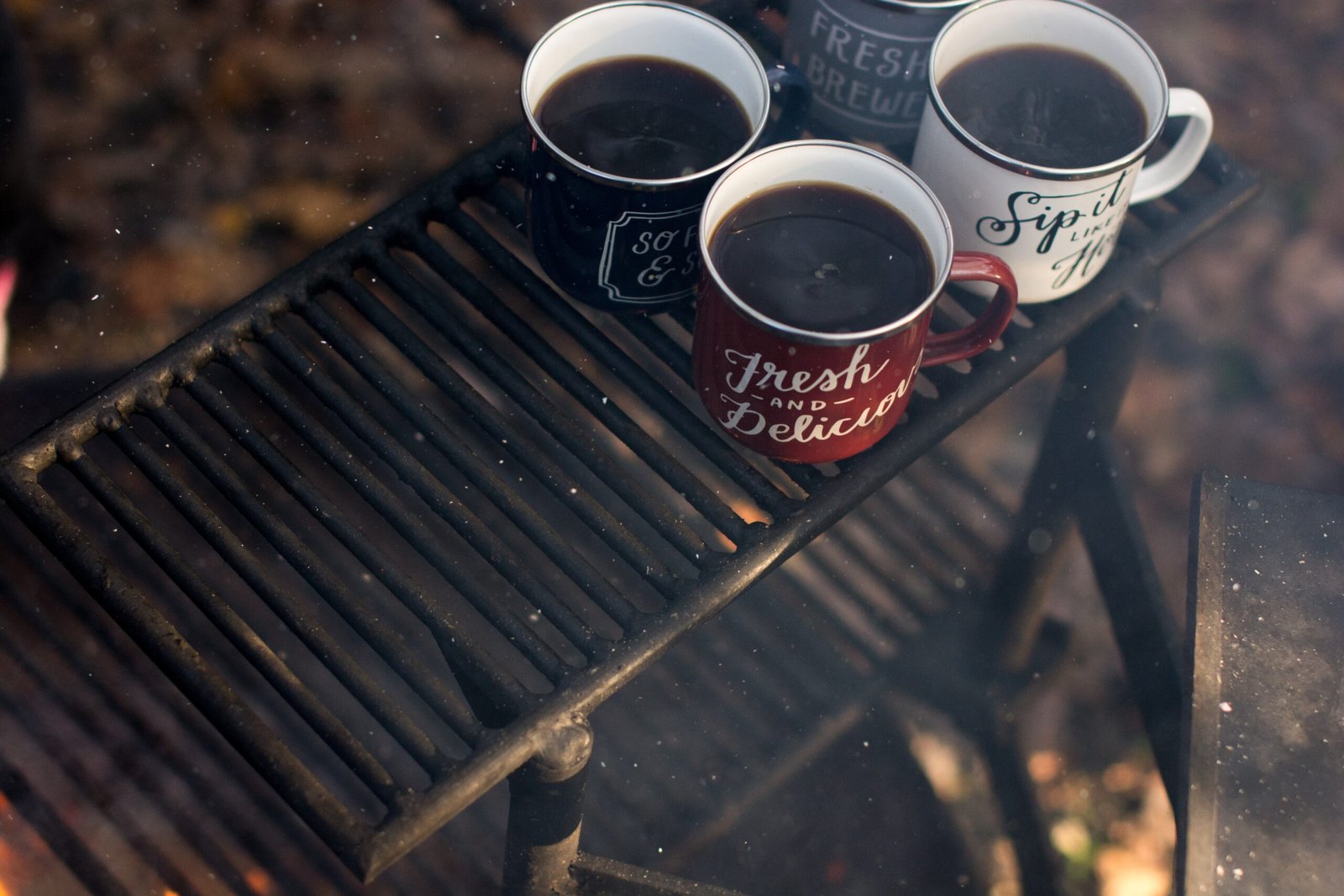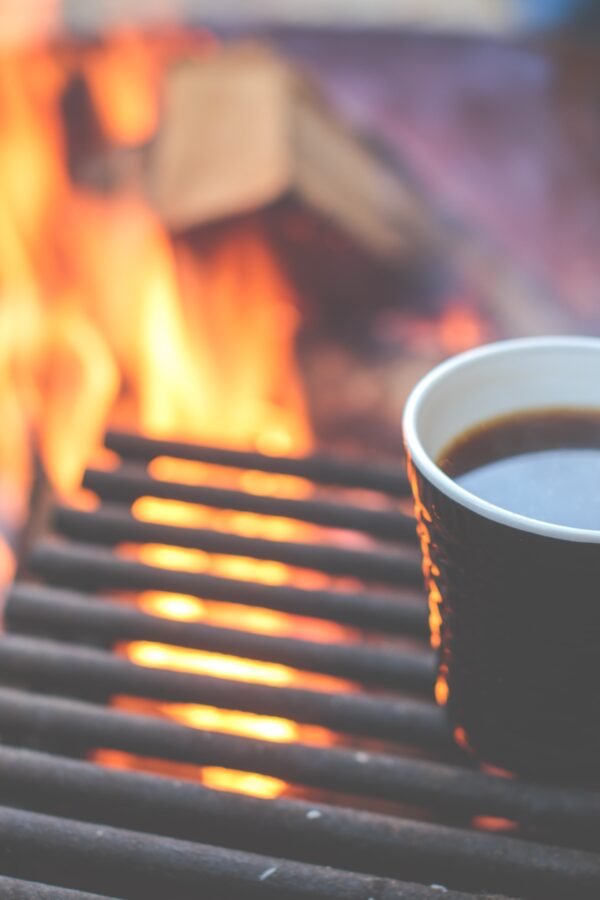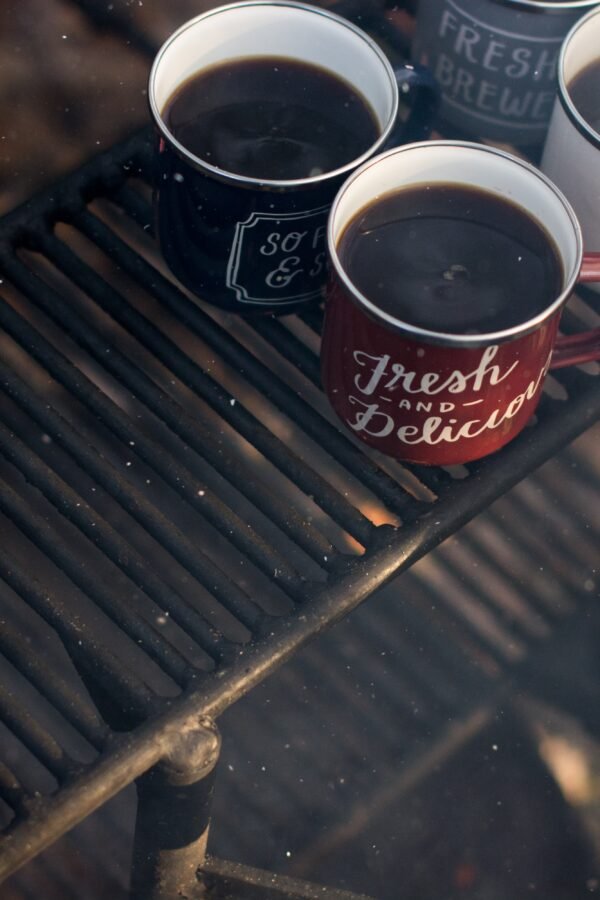Planning a camping trip can be both exciting and overwhelming. With so many things to consider, it’s important to be prepared and pack the essentials. In this article, we will provide you with all the information you need to know about what to bring on a camping trip. Whether you’re a seasoned camper or new to the outdoor adventure, our tips and suggestions will ensure that you have a comfortable and enjoyable experience. So grab your backpack and get ready to embark on an unforgettable camping journey with Tutti Camping!
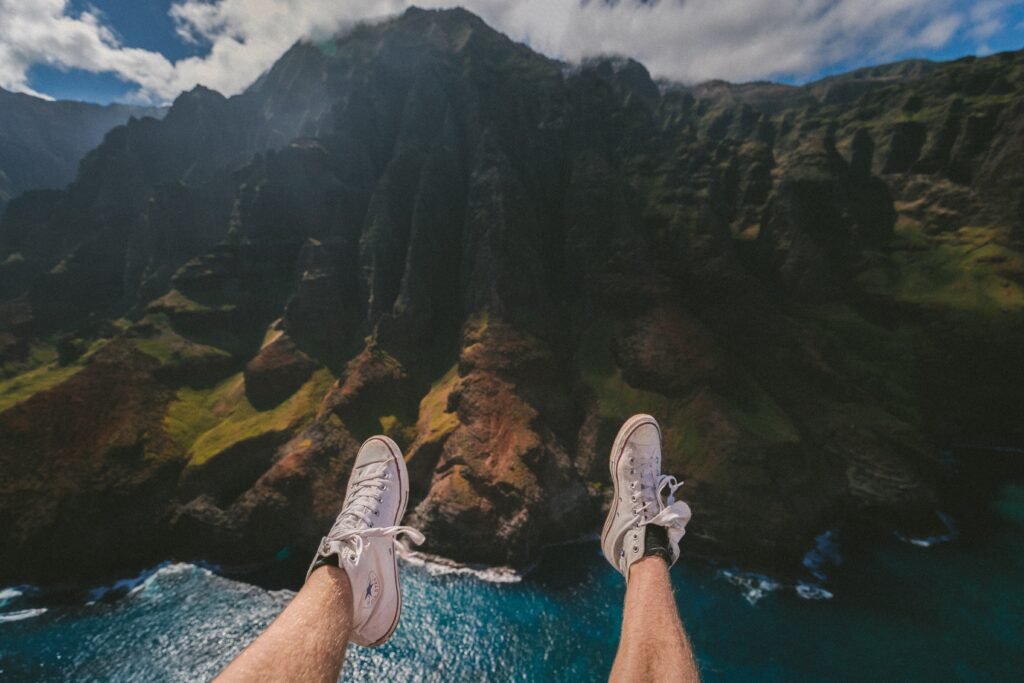
Shelter and Sleeping Gear
Tent
A tent is one of the most essential items to bring on a camping trip. It provides a comfortable and secure shelter for you to sleep and relax in. When choosing a tent, consider the size and capacity, as well as any special features like waterproofing or ventilation. Make sure to bring tent stakes and guy lines to set up and secure your tent properly.
Sleeping bags
A good sleeping bag is crucial for a restful night’s sleep. Look for a sleeping bag that is suitable for the expected temperatures during your camping trip. Choose a bag that is comfortable, durable, and easy to pack. Consider factors such as insulation, weight, and size when making your selection.
Sleeping pads
Sleeping pads offer cushioning and insulation from the ground, enhancing your comfort while sleeping in a tent. They come in various types, including foam pads and inflatable pads. Consider factors such as thickness, weight, and insulation properties when choosing a sleeping pad.
Pillows
Don’t forget to bring pillows to ensure a comfortable sleeping experience. You can opt for regular pillows or invest in camping-specific pillows designed to be lightweight and easily packable. Whichever option you choose, having a pillow will make your nights in the tent more cozy and enjoyable.
Cooking and Eating Supplies
Camp stove
A camp stove is an essential piece of camping equipment for cooking meals outdoors. There are various types of camp stoves available, including propane stoves, liquid fuel stoves, and solid fuel stoves. Consider factors such as size, fuel efficiency, and ease of use when selecting a camp stove.
Cookware
When it comes to cookware, it’s important to choose durable and lightweight options that are suitable for outdoor cooking. Look for pots and pans that are non-stick and have heat-resistant handles. Consider the number of people you will be cooking for and the types of meals you plan to make.
Utensils
Don’t forget to bring utensils for cooking and eating. Opt for sturdy and heat-resistant utensils such as stainless steel or titanium. Include basics like knives, forks, spoons, and a spatula for cooking. It’s also a good idea to bring a can opener and a bottle opener for convenience.
Plates and bowls
Pack lightweight and durable plates and bowls for mealtime. Look for options that are easy to clean and stackable for convenient storage. Consider how many people will be using the plates and bowls to ensure you bring enough for everyone.
Cups and mugs
Having cups and mugs for enjoying hot or cold beverages is essential. Look for options that are suitable for outdoor use and can withstand high temperatures. Insulated mugs are great for keeping your drinks hot or cold for longer periods.
Cooler
If you plan on bringing perishable food items, a cooler is a must-have. Choose a cooler with good insulation and sealing capabilities to keep food fresh and prevent spoilage. Consider the size and capacity of the cooler based on the duration of your camping trip and the number of people involved.
Garbage bags
Keeping a clean campsite is important both for your convenience and for the environment. Bring garbage bags to dispose of any waste generated during your camping trip. Make sure to follow proper garbage disposal guidelines and leave no trace.
Clothing and Personal Items
Clothes for warm weather
When camping in warm weather, it’s important to pack lightweight and breathable clothing. Opt for moisture-wicking materials that dry quickly and provide comfort. Pack t-shirts, shorts, and lightweight pants or skirts. Don’t forget to bring a hat and sunglasses to protect yourself from the sun.
Clothes for cool weather
If you’re camping in cooler temperatures, pack warm and layered clothing. Bring thermal base layers, long-sleeved shirts, sweaters or fleeces, and a waterproof jacket. Don’t forget to pack warm socks and hats to stay cozy during chilly nights.
Rain gear
Always be prepared for unexpected rain showers by packing waterproof outerwear such as rain jackets and pants. Look for options that are breathable and lightweight so you can stay dry without feeling too hot or restricted.
Swimwear
If your camping trip includes swimming or water activities, don’t forget to pack swimwear. Whether it’s a swimsuit, swim trunks, or rash guards, having appropriate swimwear will allow you to make the most of any water-based adventures.
Hats and sunglasses
Protecting yourself from the sun is crucial when spending time outdoors. Pack wide-brimmed hats or caps to shield your face and head from the sun’s rays. Sunglasses with UV protection are also essential to safeguard your eyes.
Hiking boots or sturdy shoes
For any hiking or walking activities, it’s important to have proper footwear. Invest in a good pair of hiking boots or sturdy shoes that provide support, traction, and durability. Make sure to break them in before your camping trip to prevent discomfort or blisters.
Toiletries
Don’t forget to pack essential toiletries such as toothbrushes, toothpaste, soap, shampoo, and toilet paper. Consider any specific personal care needs and medications you may require during your camping trip.
Towels
Pack quick-drying towels for personal hygiene and for drying off after swimming or water activities. Microfiber towels are lightweight, compact, and dry easily, making them ideal for camping.
Sunscreen
Protecting your skin from harmful UV rays should be a priority during any outdoor activity. Bring sunscreen with a high SPF rating to apply regularly and protect exposed skin from sunburns.
Insect repellent
Keep pesky bugs and mosquitoes at bay by packing insect repellent. Look for options that are effective against the specific insects found in the camping area. Consider bringing citronella candles or mosquito coils for extra protection.
Hydration and Water Filtration
Water bottles
Staying hydrated is essential while camping, so pack durable and reusable water bottles for each person. Look for options that are easy to clean and have a good capacity for holding water.
Water filter or purifier
If you plan on getting water from natural sources like streams or lakes, consider bringing a water filter or purifier. These devices remove impurities and make the water safe for consumption.
Water storage containers
Bring water storage containers for storing larger quantities of water at your campsite. Collapsible water containers or water jugs with spigots are convenient options for easy use and storage.
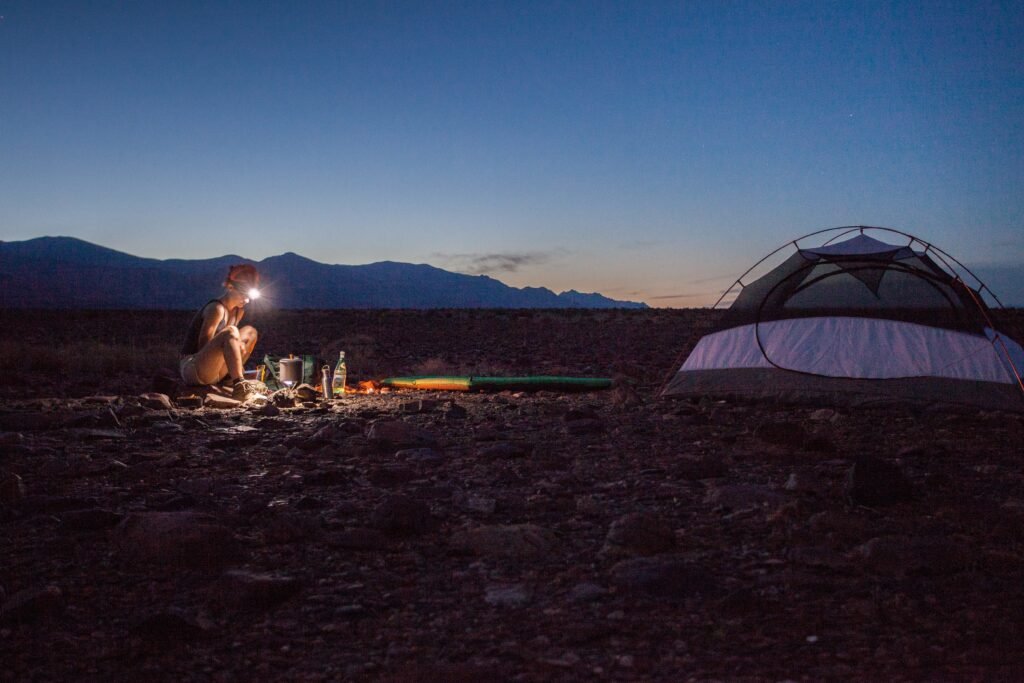
First Aid Kit and Medications
Bandages
Include a variety of bandages, including adhesive bandages, gauze pads, and adhesive tape. These will come in handy for treating minor cuts, scrapes, and blisters.
Antiseptic ointment
Pack antiseptic ointment or wipes to prevent infection in case of any injuries. Apply them to cuts, scrapes, or burns before applying bandages.
Pain relievers
Bring pain relievers such as aspirin or ibuprofen to alleviate headaches, muscle pain, or any other minor discomforts you may experience during your camping trip.
Prescription medications
If you have any prescribed medications, make sure to pack enough for the duration of your camping trip. Keep them in a safe and secure place.
Allergy medication
If you have known allergies, be sure to bring appropriate allergy medication with you. This will help manage any allergic reactions that may occur due to contact with allergens in the camping environment.
Navigation and Lighting
Map and compass
Always carry a map and compass with you, especially if you plan on hiking or exploring unfamiliar areas. These tools will help you navigate and keep you from getting lost.
GPS device
A GPS device can be a useful addition for navigation during your camping trip. Load it with relevant maps and waypoints before your trip for accurate positioning and tracking.
Headlamp or flashlight
A headlamp or flashlight is essential for navigating and completing tasks in low-light conditions. Make sure to bring extra batteries or pack rechargeable options.
Extra batteries
Having extra batteries is important for powering your electronic devices, flashlights, and other battery-powered equipment. Make sure to pack the appropriate sizes for all your devices.
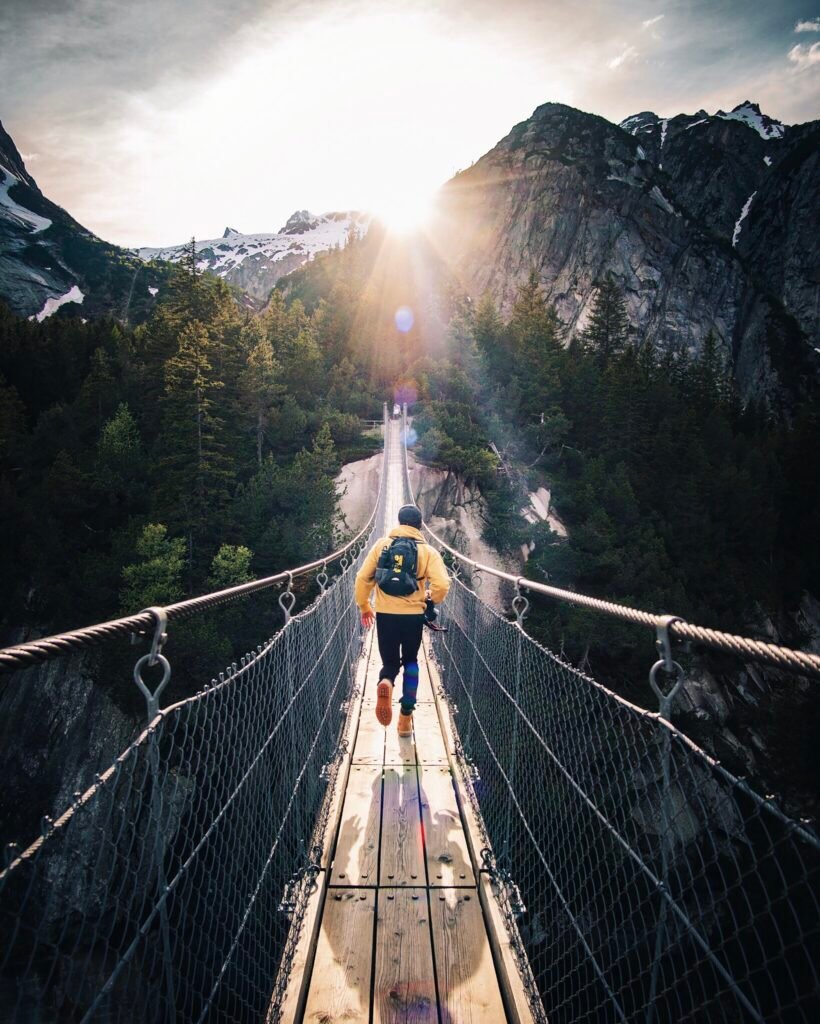
Fire and Safety Equipment
Matches or lighter
Pack matches or a reliable lighter to start a fire for cooking or warmth if necessary. Keep them in a waterproof container to protect them from moisture.
Firewood or fire starter
If campfires are permitted at your camping location, bring firewood or fire starters to make starting a fire easier. Check local regulations regarding firewood collection or purchase wood from authorized vendors.
Fire extinguisher
Safety should always be a priority, so consider bringing a fire extinguisher to tackle any small fires that may occur at your campsite. Make sure everyone in your group knows how to use it properly.
Whistle
A whistle can be a lifesaver in emergency situations. It can be used as a signal for help or to communicate with other members of your group in case you get separated.
Knife or multitool
A knife or multitool is a versatile tool that can be used for various camping tasks such as food preparation, cutting rope, or repairing equipment. Choose a high-quality and durable option.
Duct tape
Duct tape can come in handy for quick repairs or makeshift solutions. It’s a versatile and strong adhesive that can be used for a wide range of emergency situations.
Entertainment and Recreation
Books or magazines
Bring books, magazines, or e-readers to enjoy some quiet and relaxing time at your campsite. Reading is a great way to unwind and disconnect from technology.
Playing cards or board games
Playing cards or board games provide entertainment and can be enjoyed with friends or family around the campfire. They are a great way to bond and pass the time.
Sports equipment
If you enjoy active outdoor activities, bring sports equipment such as a frisbee, soccer ball, or badminton set to play games and stay active during your camping trip.
Binoculars
Binoculars are perfect for bird watching, wildlife spotting, or enjoying scenic views from your campsite. They enhance your visual experience and allow you to see details from a distance.
Fishing gear
If fishing is part of your camping plans, bring fishing gear such as fishing rods, hooks, lines, and bait. Make sure to check local fishing regulations and obtain any required permits.
Miscellaneous Essentials
Cash
It’s always a good idea to have some cash on hand for emergencies or unexpected expenses. Some camping locations may not have access to ATMs or card payment facilities.
ID or driver’s license
Carry your identification documents such as a driver’s license or ID card. They may be required for various purposes during your camping trip.
Cell phone and charger
Don’t forget to bring your cell phone and a charger to stay connected and for emergency purposes. Keep in mind that cell phone coverage may be limited in some remote camping areas.
Extra batteries
Having extra batteries is important for powering your electronic devices, flashlights, and other battery-powered equipment. Make sure to pack the appropriate sizes for all your devices.
Trash bags
Pack trash bags to collect and dispose of any waste generated during your camping trip. Properly disposing of trash helps keep the campsite clean and minimizes environmental impact.
Ziplock bags
Ziplock bags are versatile and useful for organizing and protecting small items from water or moisture. They can be used to store snacks, toiletries, or other small items.
Camera
Capture the memories of your camping trip by bringing a camera. Whether it’s a digital camera, a smartphone, or a disposable camera, having a way to document your experiences is always a great idea.
Extra tent stakes and guy lines
Having extra tent stakes and guy lines is useful in case any of them get damaged or lost. It’s always better to be prepared and have backups for essential components of your tent setup.
Camp chairs
Camp chairs provide comfortable seating options for relaxing or dining at your campsite. Look for lightweight and foldable chairs that are easy to transport and set up.
Repair kit
Carry a basic repair kit with essential items like duct tape, a sewing kit, and spare parts for your camping equipment. It can come in handy for quick fixes and temporary solutions.
Food and Snacks
Non-perishable food
Pack non-perishable food items that are easy to store, prepare, and consume during your camping trip. Examples include canned goods, dried fruits, nuts, energy bars, and instant meals.
Snacks
Bring a variety of snacks to keep you fueled throughout the day. Opt for lightweight and easy-to-pack snacks like granola bars, trail mix, jerky, or dried fruits.
Condiments
Don’t forget to bring condiments such as salt, pepper, ketchup, mustard, and any other sauces or seasonings you enjoy. They can enhance the flavor of your meals and make them more enjoyable.
Cooler for perishable items
If you plan on bringing perishable food items such as meats, dairy products, or fresh produce, a cooler is essential. Ensure the cooler is well-insulated and pack it with ice or ice packs to maintain proper temperatures.
Cooking ingredients
If you plan on cooking meals from scratch, pack essential cooking ingredients like oil, spices, herbs, and marinades. Consider the specific recipes you intend to make and pack accordingly.
Trash bags for food waste
Having separate trash bags for food waste helps keep your campsite clean and prevents attracting animals. Dispose of food waste properly to minimize negative impacts on the environment.
Camping is a wonderful adventure that allows you to immerse yourself in nature and experience the beauty of the great outdoors. To ensure a successful and enjoyable camping trip, it’s important to come prepared with all the necessary gear and supplies. From shelter and sleeping gear to cooking and eating supplies, there are several categories of items that you should consider when packing for your camping adventure.
When it comes to shelter and sleeping gear, your primary focus should be on ensuring a comfortable and secure place to rest and recharge. A tent is an absolute must, and you should choose one that suits your needs in terms of size and features. Alongside a tent, make sure to bring sleeping bags that are appropriate for the expected temperatures during your trip. Sleeping pads provide cushioning and insulation from the ground, enhancing your comfort throughout the night. And don’t forget to bring pillows for added coziness.
Cooking and eating supplies are essential for ensuring you can prepare and enjoy meals during your camping trip. A camp stove is a key component for outdoor cooking, and you can choose between different types depending on your preferences and needs. Additionally, bring cookware that is lightweight and durable, as well as utensils for cooking and eating. Plates, bowls, cups, and mugs are necessary for serving and enjoying your meals, and a cooler is crucial for storing perishable food items. Remember to bring garbage bags to maintain a clean campsite.
Clothing and personal items should also be considered when preparing for a camping trip. Pack clothes suitable for the weather conditions, including warm weather and cool weather options. If rain is expected, bring appropriate rain gear to stay dry and comfortable. Swimwear is also important if you plan on swimming or participating in water activities. Protect yourself from the sun by packing hats, sunglasses, and sunscreen. Hiking boots or sturdy shoes are a must for any outdoor exploration, and toiletries and towels will help you stay fresh and clean. Don’t forget insect repellent to ward off any unwelcome pests.
Hydration and water filtration are crucial for staying hydrated while camping. Bring reusable water bottles for each person, ensuring you have an adequate supply of water. If you plan on obtaining water from natural sources, consider bringing a water filter or purifier to ensure it is safe to drink. Water storage containers are also important for storing larger quantities of water at your campsite.
A first aid kit is an essential item to have on any camping trip. It should include bandages, antiseptic ointment, pain relievers, prescription medications, and allergy medication if needed. It’s always better to be prepared for any unexpected injuries or health issues.
Navigation and lighting equipment will assist you in finding your way and staying safe during your camping adventure. Carry a map and compass, as well as a GPS device if desired. A headlamp or flashlight is essential for navigating in low-light conditions, and extra batteries should be included to ensure you have enough power. Fire and safety equipment, such as matches or a lighter, firewood or fire starter, and a whistle, are crucial for emergencies. A knife or multitool and duct tape provide versatile solutions for various camping tasks.
Don’t forget to bring entertainment and recreational items to make the most of your camping experience. Books, magazines, or e-readers are perfect for relaxation and downtime. Playing cards or board games can be enjoyed with friends and family. Sports equipment allows you to engage in outdoor activities and stay active. Binoculars enhance your nature-watching experience, and fishing gear adds another dimension of fun if fishing is part of your camping plans.
Miscellaneous essentials should also be considered when packing for a camping trip. Cash and identification documents are important for convenience and security. A cell phone and charger can keep you connected and serve as an emergency communication device. Trash bags, ziplock bags, and a camera are useful for various purposes. Extra tent stakes and guy lines, as well as camp chairs, provide convenience and peace of mind. A repair kit ensures you are prepared for any unexpected equipment failures or damage.
Last but not least, don’t forget to pack food and snacks that are both satisfying and convenient. Non-perishable food items are a great option, along with snacks for quick energy boosts. Pack condiments to enhance the flavor of your meals and a cooler to store perishable items. Lastly, consider bringing trash bags for food waste to maintain cleanliness and minimize environmental impact.
By following this comprehensive checklist, you can ensure that you have all the necessary gear and supplies for a memorable and enjoyable camping trip. Remember to plan ahead, check any specific regulations or requirements for your chosen camping location, and always prioritize safety and respect for nature. Happy camping!

